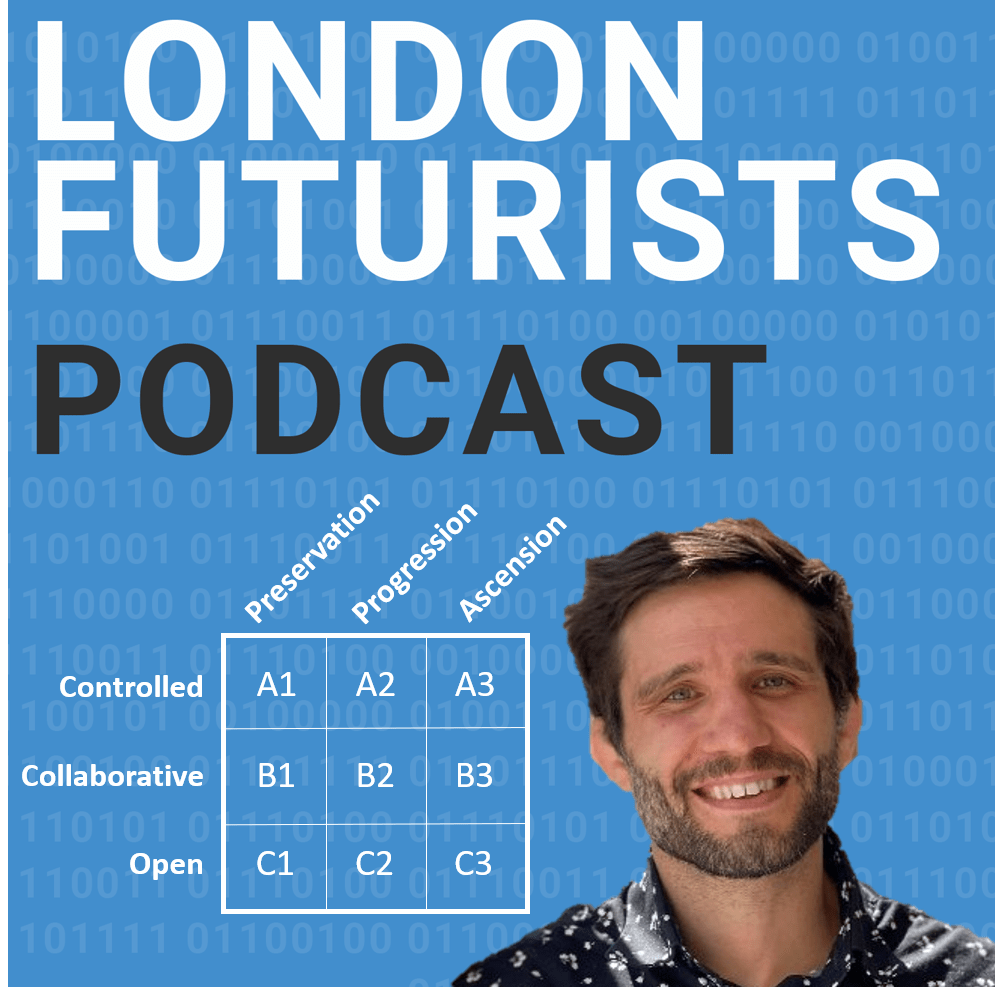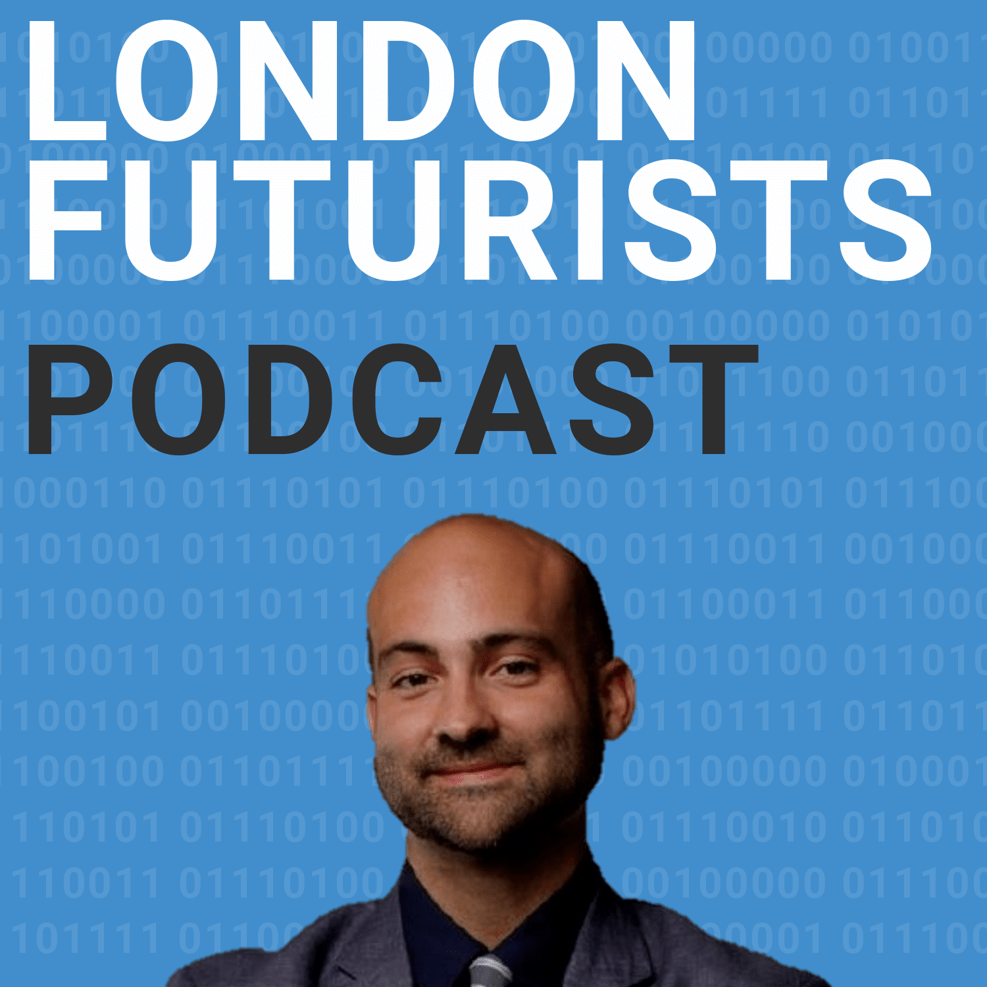What determines whether people can collaborate effectively, accomplishing much more than they could as individuals, rather than getting in each other’s way in confusion and opposition?
When is it the case that the combination of 1 and 1 exceeds 2, with the total being more than the sum of the parts? And when is the case that, contrariwise, multiple efforts mainly cancel each other out, so that the combination of 1 and 1 is less than 1?
With a global population of 8.1 billion, we humans ought to have enough brain cells between us to be able to rapidly advance our collective flourishing. Yet challenges and problems often seem to be piling up faster than solutions.
Here’s one of the key issues. The mechanisms and processes that have been put in place over the decades, with the intention of assisting beneficial collaboration, sometimes have the effect opposite to the one intended.
Specifically, central gatekeepers, that have the declared purpose of maintaining good quality levels within the activities in a field, sometimes exclude those innovations that would actually bring the most significant progress.
In other words, some of the projects that would produce greater beneficial impact are deprived of funding, attention, or other resources.
That’s what members of the DeSci (Decentralised Science) community are seeking to change. They wish to develop mechanisms to work around the blockages that are hindering productive collaboration. It’s a vitally important initiative.
That’s the context in which London Futurists is pleased to support a two-day DeSci London event taking place at Imperial College on 23rd and 24th March.
For the details, read on.
1.) DeSci London, 23-24 March
40 speakers over two days. Taking place at the prestigious venue of Imperial College Business School on Exhibition Road, London SW7.
Themes being addressed include:
- Fundamental concepts
- Accelerating science through BioTech DAOs
- Open Source DeSci infrastructure
- An overview of “Network States”
- Vitalia city: a “Los Alamos” for longevity?
- AI, data and DAOs
- Mechanisms of increasing disruptive science
- Disrupting the publishing industry
- DeSci & SpaceTech
- DeSci & SynBio
- DeSci & Women’s Health
- DeSci & Longevity
(Yes, I’m one of the panellists in that last-named session.)
These sessions are likely to contain lots of interest for members of London Futurists.
Attendance at the main event is free, and there’s a small charge if you also want to attend one or both of the networking “after parties” each day.
But tickets are running out fast. So if you are thinking of attending, I encourage you to make up your mind quickly.
For more details, and to register to attend, click here.
I look forward to seeing many of your there!
PS for some additional background to the ideas of DeSci, see this two-minute video.
2.) Assessing the risks of AI catastrophe – 16th March
Something that could jeopardise all our efforts at better human collaboration (contrary to the previous news item) is a failure involving catastrophically powerful AI.
But some people say that such a possibility is exaggerated and should receive little attention.
So, how should we respond to claims that forthcoming new versions of AI pose unacceptable risks of human catastrophe?
In our webinar on Saturday 16th March (tomorrow), I’ll be walking through an updated version of a presentation I shared at the recent BGI unconference in Panama City. This talk was described by a number of participants as “the best of the entire event”, but others said that it was “a mistake that so much time was given to this subject”.
I have significantly revised this talk in light of feedback received at the BGI unconference and subsequently.
The talk aims to improve understanding of which risks are the most credible and serious (as opposed to fanciful or unfounded). It also reviews a variety of options for how to respond to these risks. This includes varieties of so-called “accelerationism” and “singularity activism”.
The webinar will include time for audience questions and feedback.
On this occasion, there will be no charge to register for the webinar or to attend it.
For more details, and to register to attend, click here.
3.) Four new episodes of the London Futurists Podcast
Since the previous newsletter, four new episodes have been released of the London Futurists Podcast.
In case you missed them, click on the images below – or access them from wherever you usually find your podcasts.
The Political Singularity and a Worthy Successor, with Daniel Faggella
The Longevity Singularity, with Daniel Ives
Where are all the Dyson spheres? with Paul Sutter
Provably safe AGI, with Steve Omohundro
I’m biased (of course), but it is my judgement that co-host Calum Chace and I do a fine job of catalysing illuminating conversations on subjects with true importance.
If you enjoy listening to any of our episodes, please give us a five-star rating and write a short review encouraging other people to subscribe to this show!
4.) Letters from Panama
What happened at the recent BGI (Beneficial General Intelligence) event in Panama City, organised by SingularityNET?
That’s a question I often hear.
Here are two answers:
- My own news report on BGI24 in Mindplex magazine
- A mind-stretching summary of some of what happened at BGI24, written by Zar Goertzel.
Look out for more news, shortly, of follow-up activities that will build on the exchanges of insights at BGI24.
(And you can ask me more questions about BGI24 in tomorrow’s webinar.)
// David W. Wood
Chair, London Futurists








Sorry, David. Wood love to attend this webinar, since, as you know, I’m really following this subject very closely.Kind regardsTonySent from my Galaxy